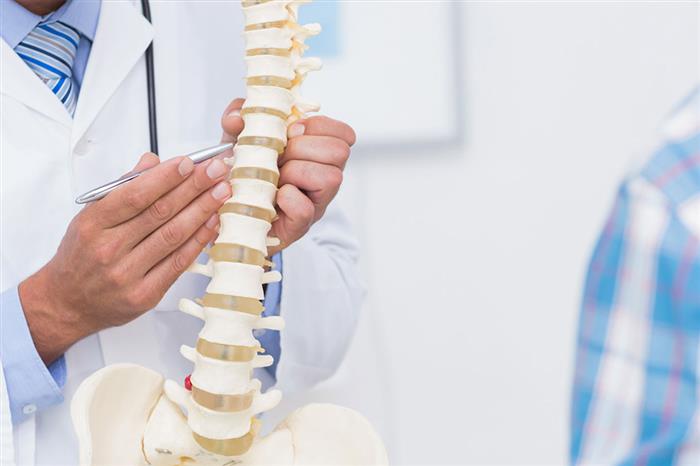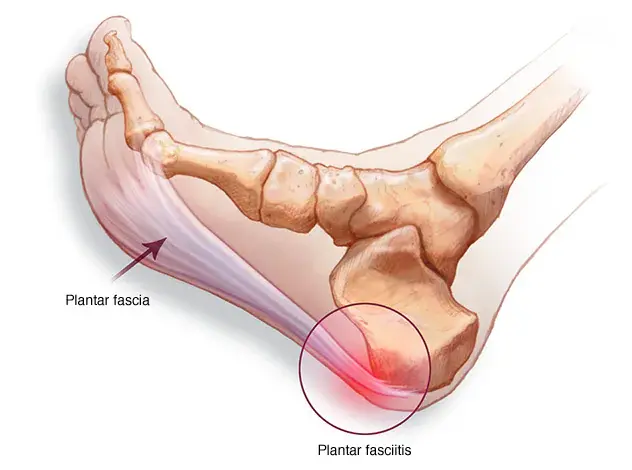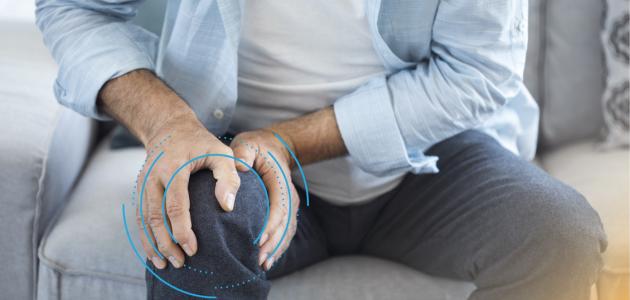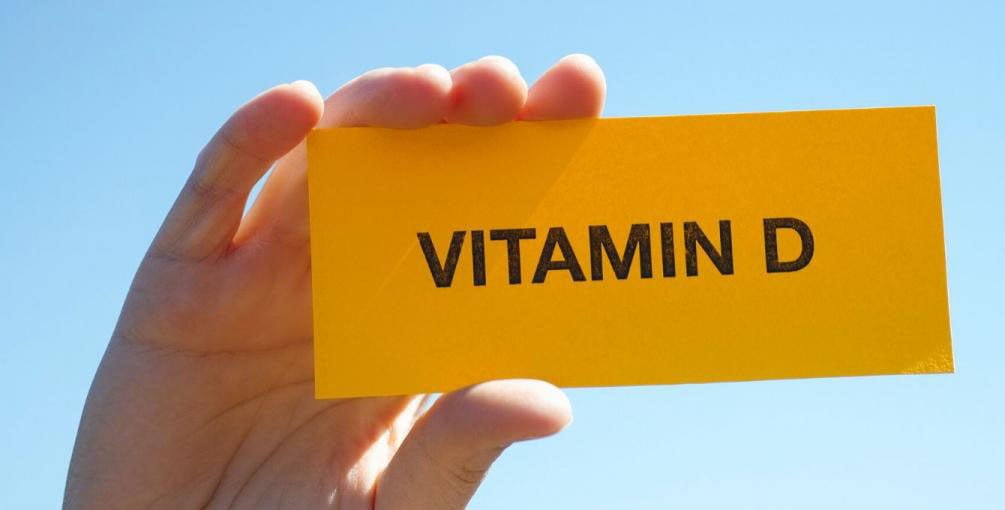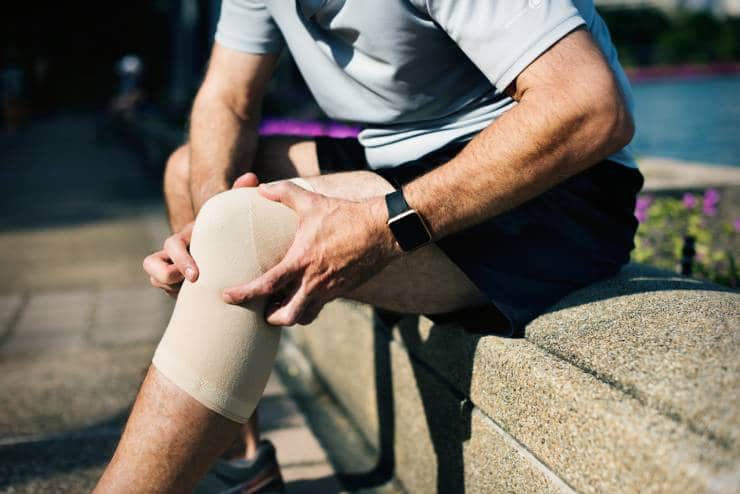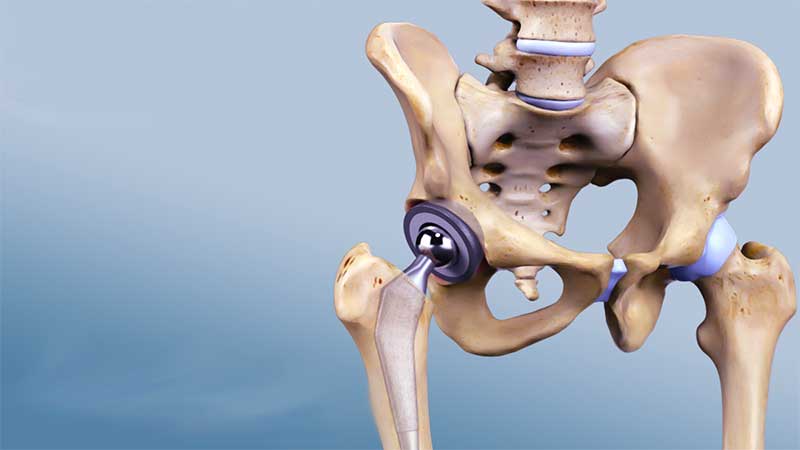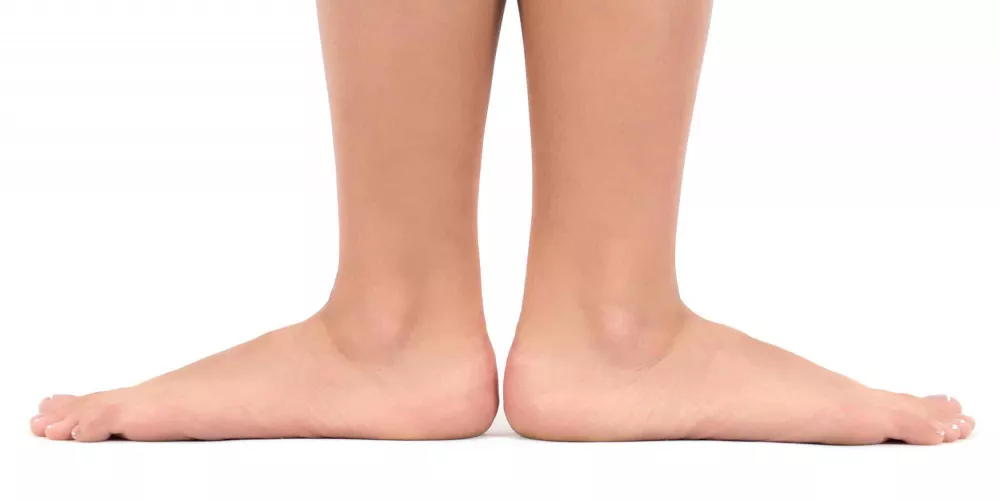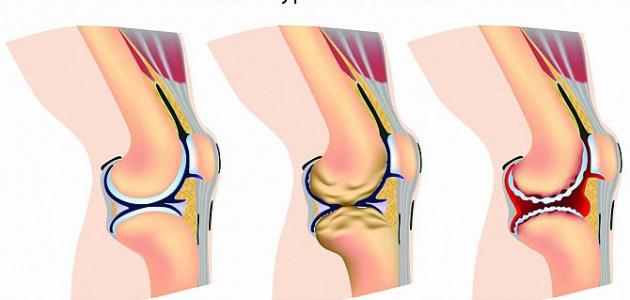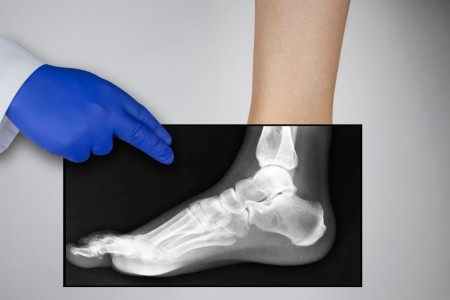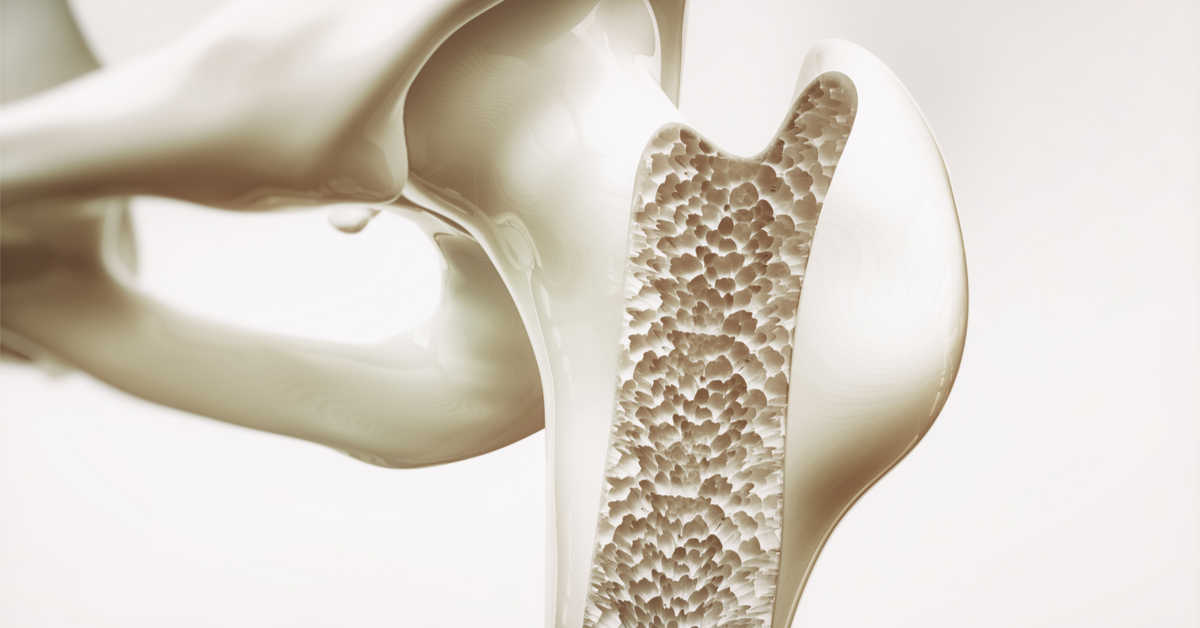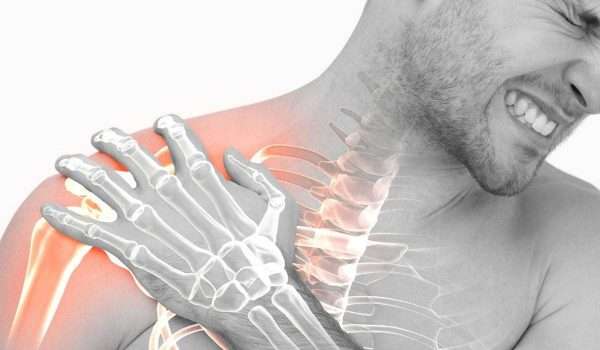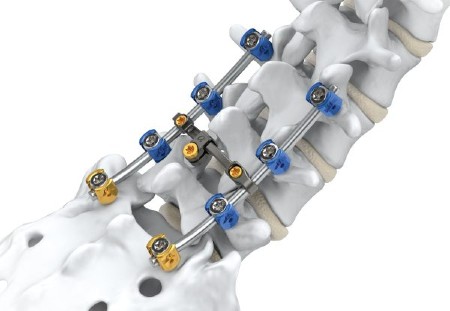Learn more about gout
Gout is considered a sudden disease that occurs to the individual without any prior warning and causes him a lot of severe pain that he is sometimes unable to bear, and many people are ignorant of the reality of this disease and what are the causes that lead to it, so let us read the following article in order to be aware of the details of this disease and how to deal with it.
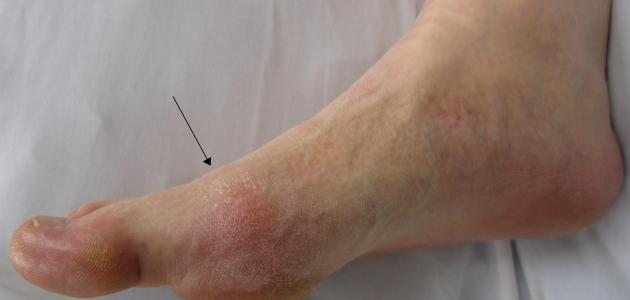
Gout
Gout is a type of arthritis, but it is very complex compared to many other types, and there are no concerned persons who may be exposed to it, but rather that it may attack anyone of all ages.
It is known about this disease that its presence is very sudden and unexpected, as one suddenly feels severe pain accompanied by swelling and heat in the affected area, and one cannot bear in that case that that area is touched at all.
Most likely, gout affects the big toe, and the pain may be concentrated in only one joint or more at the same time, and the pain of gout is very severe at times so that it may cause you to wake up in the middle of the night from its severity, and the symptoms of gout appear and disappear from time to time, but there are some methods can be followed to prevent its recurrence.
Causes of gout
A person develops gout as a result of the severe accumulation of uric acid around a joint, which causes inflammation and severe pain in that area, and this is a result of an increase in the concentration of uric acid in the blood.
The body produces uric acid naturally when purine is analyzed, which is one of the amino acids that are present in the human body, in addition to being available in some foods such as meat, asparagus, and mushrooms.
One of the natural processes that take place in the human body is that the kidneys excrete uric acid, but if the level of acid in the blood increases or a defect occurs in the kidneys that impede its excretion in a normal amount, this causes the accumulation of uric acid and begins to form in the form of needle-like crystals that are concentrated in the joints or surrounding tissues, and this causes the person to suffer from gout.
Gout symptoms
Symptoms of gout appear and disappear on their own suddenly and most often appear at night, and for example:
- One begins to feel very severe pain in the joints, most often in the big toe of the foot, and pain may also appear in some other areas such as the ankles, knees, elbows, wrists, and fingers of the hands, and the pain is mild at first and begins to reach a peak from 4 hours to 12 hours from its onset.
- When the pain ends, the individual remains in a state of discomfort for a few days or even weeks after this occurs, and when the symptoms begin to appear again, they are more severe and last for longer periods, and their effect is on different joints each time.
- The patient notices that the affected joints have become swollen and feel severe pain, in addition, the area is hot, accompanied by redness.
- When the attacks begin to increase and spread to more than one joint, one is not able to control his movements and has great difficulty moving in general.
- More about begins
Symptoms of gout in women
Symptoms of gout appear in women in one joint or two joints at the same time, and the patient suffers from some symptoms such as
- severe pain
- Swelling in the affected joint.
- Extreme heat in the area of pain.
- Redness in the affected joint area.
When a woman suffers from gout, there is a period called a seizure, in which the pain reaches its climax, and the attacks of gout are consecutive and most likely cannot be tolerated, and another period known as relief, in which the symptoms disappear completely for some time.
If the attacks of gout in a woman’s body are repeated, then this may cause some of them to develop acute arthritis, which is called gouty arthritis, it is necessary to be aware that gout attacks are sudden and unexpected, and they may be far from each other until they reach once a year.
Gout treatment
The type of treatment that the individual will receive is determined according to the symptoms he is exposed to, the extent of their frequency and severity, and whether he has another disease or not, as there are two methods of treatment, each of which focuses on solving two different types of problems.
The first type is taken to reduce the severe pain associated with inflammation during a gout attack, and the second type works to protect the individual from an increase in disease activity and exacerbation of its symptoms by controlling and reducing the amount of uric acid in the blood. Examples of these drugs include
Medicines that treat gout attacks
- Non-steroidal anti-inflammatory drugs: There are many types of them that the individual may be able to obtain without the need to prescribe a specialist doctor, such as ibuprofen (Advil, Motrin IB) and sodium naproxen (Aleve), but non-steroidal anti-inflammatory drugs that are more effective need prior medical advice because they may cause side effects such as stomach pain, bleeding and ulcers such as indomethacin (Indocin, Tivorbex) or celecoxib (Celebrex),
- Colchicine (Colcrys, Gloperba, and Mitigare): It is prescribed to the patient as a pain reliever and is very effective, but it must be taken into account that it causes nausea, vomiting, and diarrhea on other hand, and therefore it must be ensured not to take it without consulting a doctor.
- Corticosteroids: It can be taken in many forms, it may be in the form of tablets or injections in the joint, and it works to calm the inflammation that is accompanied by severe pain and is caused by gout, such as Prednisone, and the side effects of corticosteroids include high blood pressure, severe changes in mood, and an increase in the level of sugar in the blood.
Medicines that prevent gout complications
This method of treatment is resorted to if gout attacks you at intervals that may reach about once a year, but despite that, its pain is unbearable. In that case, the doctor is interested in giving you medications that reduce the complications of gout.
If gout has caused severe damage to you and this was evident in x-rays, or if you suffer from sandy sediment, kidney disease, or kidney stones, this makes the doctor recommends medications that reduce the level of uric acid in your body.
- Medications that prevent the secretion of uric acid: such as drugs Allopurinol (Aloprim, Lopurin, and Zyloprim) and its side effects include fever, rash, hepatitis, and kidney problems, and febuxostat (Uloric) are blamed for increasing the risk of death from a heart attack in addition to causing skin rash, nausea, and low blood pressure. Liver functions.
- Medicines that help get rid of uric acid: such as probenecid (Probalan), which works to increase the ability of the kidneys to excrete uric acid from the body and has some side effects such as skin rashes, stomach pain, and kidney stones.
In addition to the fact that receiving the treatment offered by the specialist doctor is very important, being careful to follow a healthy lifestyle also greatly reduces the exacerbation of gout problems, for example:
- Healthy drinks: Drinking alcohol should be completely avoided and avoid drinking juices that are sweetened with fructose sugar, while preserving drinking natural fluids in large quantities, especially water.
- Avoid foods that are high in purines: such as red meat, liver, and seafood such as anchovies, sardines, oysters, salmon, and tuna, and focus on low-fat dairy products.
- Exercising and avoiding obesity: You must do to maintain your physical health in its best form, as this greatly reduces gout, while making sure to choose sports that do not greatly strain the joints, such as cycling and swimming.
Diet for gout patients
In addition to taking the medications that the specialist doctor prescribes to the gout patient, he must also resort to changing his lifestyle to be healthy in a way that suits his condition in order to reduce any complications and risks he may be exposed to, and here are the most important things that a gout patient should pay attention to
- Weight loss: The more you are keen to maintain the health of your physical fitness, this has a great factor in protecting you from gout, and this is done by maintaining a reduction in calories in food, and this also prevents kidney pressure on the joints.
- Complex carbohydrates: These can be obtained by eating vegetables, fruits, and some types of whole grains while taking care to avoid products to which fructose sugar is added, and the tendency to naturally sweetened juices.
- Water: It is necessary to keep drinking water in large quantities during the day, as it hydrates the body well.
- Vitamin C: Be sure to eat foods that are rich in vitamin C, or get it through some nutritional supplements, because it has a great role in lowering the level of uric acid in the blood.
- Coffee: It is very suitable for gout patients and is recommended by doctors daily, except if they suffer from other problems that may cause an increase in it.
- Cherry: Eating cherries reduces exposure to gout attacks, as indicated in many studies.
Does fasting treat gout?
Fasting does not help treat gout at all, but rather it may cause a significant increase in its severity, as the longer the fasting period, the higher the concentration of uric acid in the blood, which increases gout attacks.
What is useful food for gout?
Many foods are useful for gout and have a great factor in calming the attacks that may affect the sick person, for example:
- Legumes: They are among the foods that benefit gout patients greatly because they contain dietary fibers and proteins that significantly reduce gout attacks, such as lentils, beans, and tofu.
- Nuts and whole grains: Eating two tablespoons of them daily carries a lot of benefits for gout patients, such as oats, brown rice, and barley.
- Dairy products: It is preferable to resort to low-fat foods, and eggs in particular have many benefits if eaten daily, as they greatly reduce the severity of gout attacks.
- Foods that contain vitamin C: such as eating oranges, lemons, vegetables, green peppers, and parsley. Vitamin C can also be obtained by taking nutritional supplements.
- Plants rich in antioxidants: such as ginger, turmeric, and cinnamon, as they play a major role in relieving gout pain.
What fruits are useful for gout patients?
Many fruits have a lot of positive effects on gout patients and reduce the severity of attacks effectively, and in particular, cherries carry a lot of benefits that contribute to relieving pain and reducing inflammation.
Do apples treat gout?
Apple fruit has many benefits in general, but it may not be the best option for dealing with gout, because if it is not eaten in moderation, it will cause an increase in the concentration of uric acid in the blood, and this will increase the severity of gout.
But there are many recipes in which apple cider vinegar is used to relieve gout attacks and they are highly effective, due to the fact that acetic acid turns into an alkaline substance inside the body and this paves the way for a balanced internal environment that contributes to reducing the appearance of gout attacks.
What are the drinks for the treatment of gout?
- Cherry juice.
- ginger.
- Mix warm water with apple cider vinegar, lemon juice, and turmeric.
- Celery juice.
- Hibiscus.
Foods prohibited for gout patients
- Food that contains purine: It includes some types of seafood such as sardines, anchovies, herring cod, salmon, and mussels, and some types of meat such as liver, turkey, bacon, and veal.
- Fructose-sweetened products: There are many types of juices that a gout patient should avoid, such as oranges, apples, and from natural products, and there are some industrial products such as breakfast cereals, baked goods, ice cream, and sweets.
- Whole grains: This includes rice, oats, wheat, bread, and pasta, because, despite their many benefits, it causes a lot of damage to gout patients.
- Soft drinks: It is completely forbidden for gout patients because it contains fructose, which causes a lot of damage to gout patients.
- Honey: Although it contains fructose, it contains many benefits, and no one has warned that it was not consumed in any of the studies. Therefore, it is better to consult a specialist doctor before consuming it.
What are the side effects of gout?
There are many stages that gout goes through, including:
- Gout flare: It is most likely that at this stage it is concentrated in only one joint, and the big toe is in a large proportion, and it may also be in the knee, and with some time it begins to spread to many other joints and is accompanied by a rise in temperature.
- Gout between flare-ups: What is meant is the period between each severe attack and the next, and to a large extent it is repeated after two years in the case of awareness of the disease and interest in it, and it may come before that in the case of neglect.
- Gallstone gout: This occurs as a result of frequent gout attacks or the presence of uric acid in the blood for several years, and this is due to the accumulation of urate crystals in a large way until they reach clumps or stones, and this matter causes bone erosion and deformation, and it is called gouty arthritis.
Complications of gout
- Accumulation of stones in the joints, and most likely this does not cause any pain, but it causes erosion in the joints that cause deformities.
- kidney stones
- Kidney failure and some other diseases related to the kidneys.
When is gout considered high?
Many people go about their lives very normally without being aware that they have gout or that there are some signs around them that alert them to the possibility of it approaching.
As it is possible that a person suffers from one of the diseases that cause an increase in the level of uric acid in the blood, such as high cholesterol, high blood pressure, diabetes, and heart disease, in addition to the presence of some drugs that also cause an increase in uric acids, such as diuretics.
All of these previous things cause an increase in the level of uric acid in the blood, which makes the individual vulnerable to gout, in addition to the fact that men under the age of sixty are more likely to develop gout than women.

